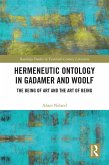
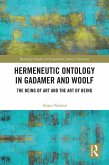
eBook, ePUB
7. März 2019
Taylor & Francis eBooks
Gebundenes Buch
The Being of Art and the Art of Being
12. März 2019
Routledge
Ähnliche Artikel

19,95 €
Sofort per Download lieferbar


19,95 €
Sofort per Download lieferbar
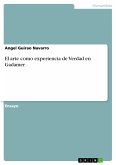
13,99 €
inkl. MwSt. und vom Verlag festgesetzt.
Sofort per Download lieferbar
eBook, PDF
24. August 2016
GRIN Publishing / GRIN Verlag

Statt 248,00 €**
184,99 €
**Preis der gedruckten Ausgabe (Buch mit Leinen-Einband)
inkl. MwSt. und vom Verlag festgesetzt.
Sofort per Download lieferbar
Versandkostenfrei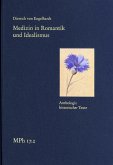
eBook, PDF
25. Mai 2023
frommann-holzboog Verlag e.K.
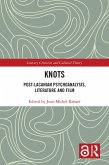
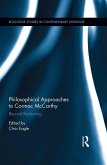
eBook, PDF
27. März 2017
Taylor & Francis eBooks
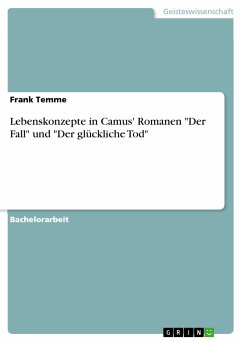
18,99 €
inkl. MwSt. und vom Verlag festgesetzt.
Sofort per Download lieferbar
eBook, PDF
26. September 2016
GRIN Verlag
Ähnlichkeitssuche: Fact®Finder von OMIKRON
